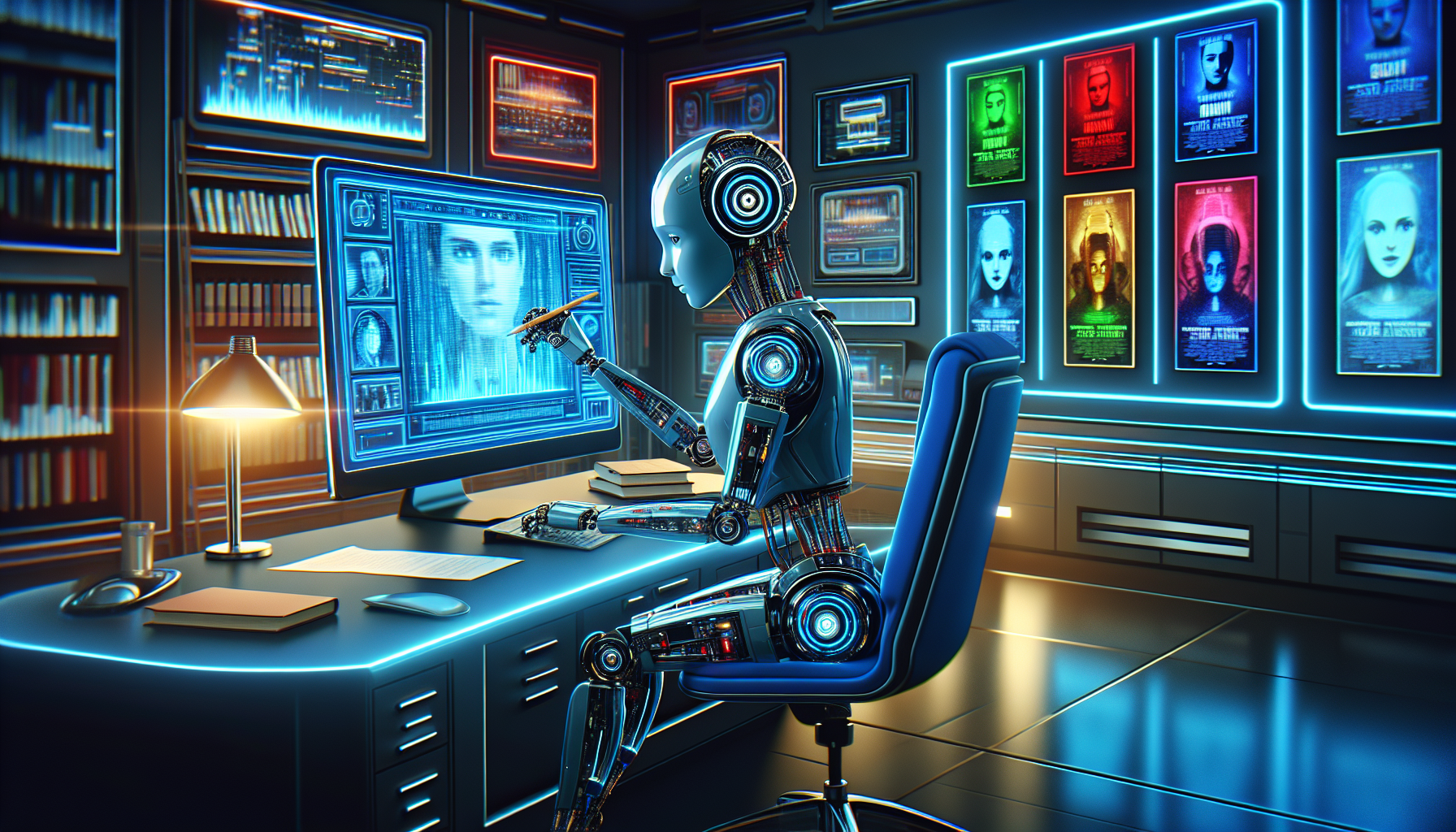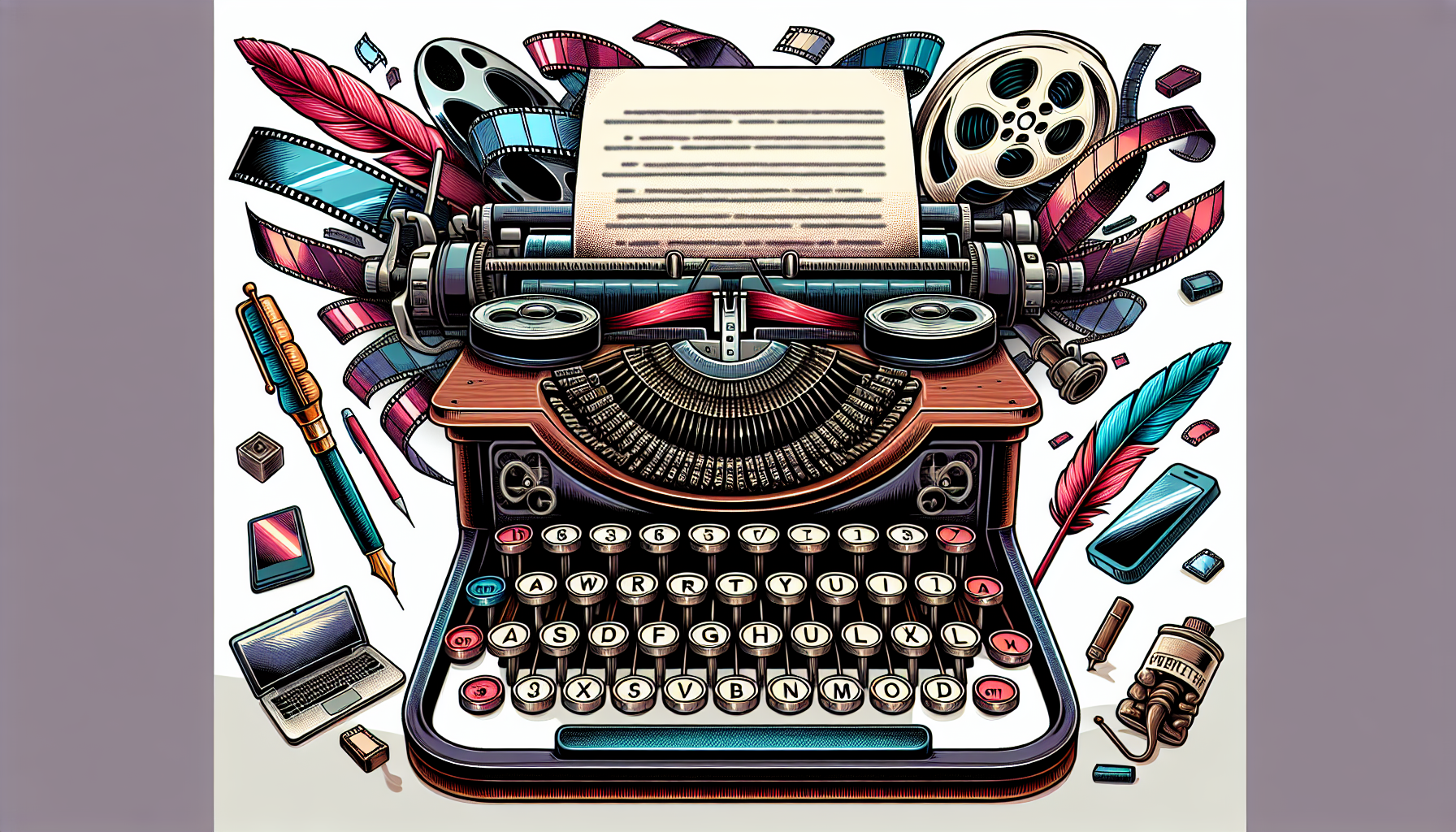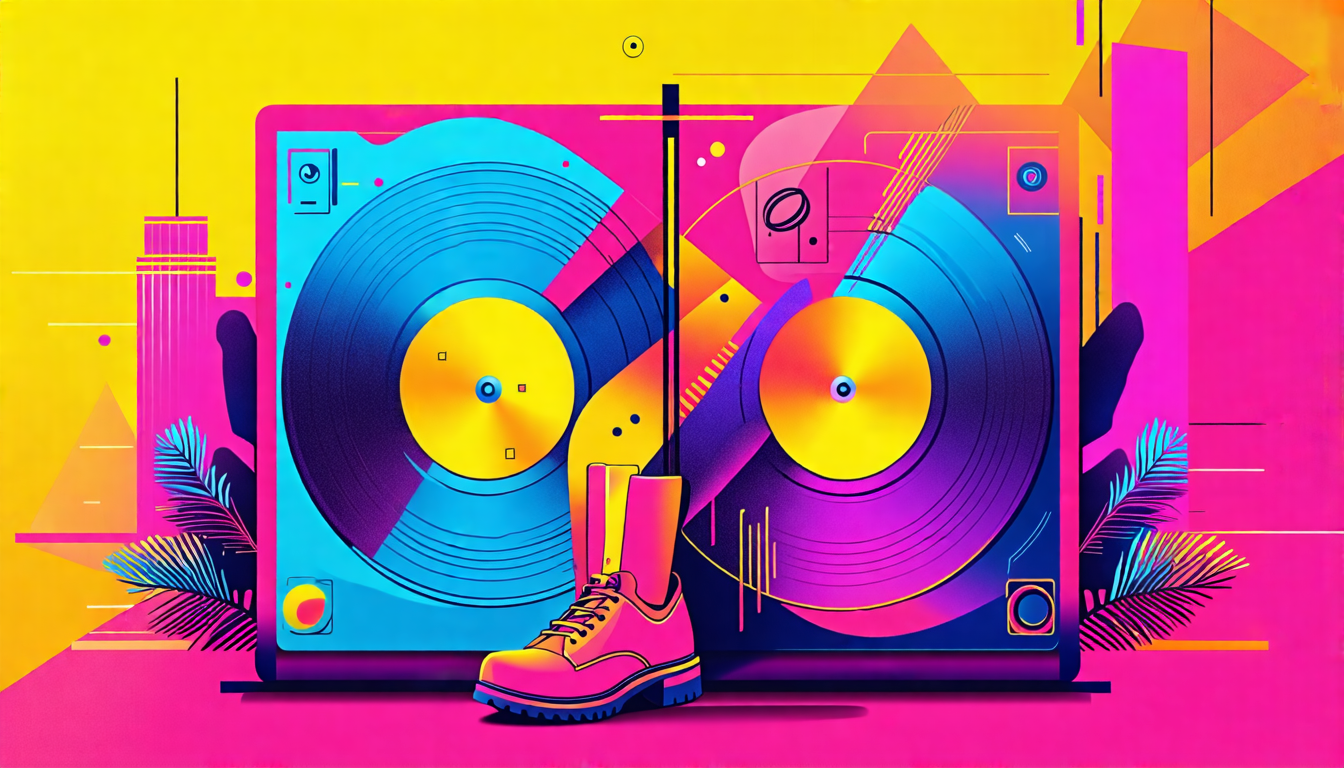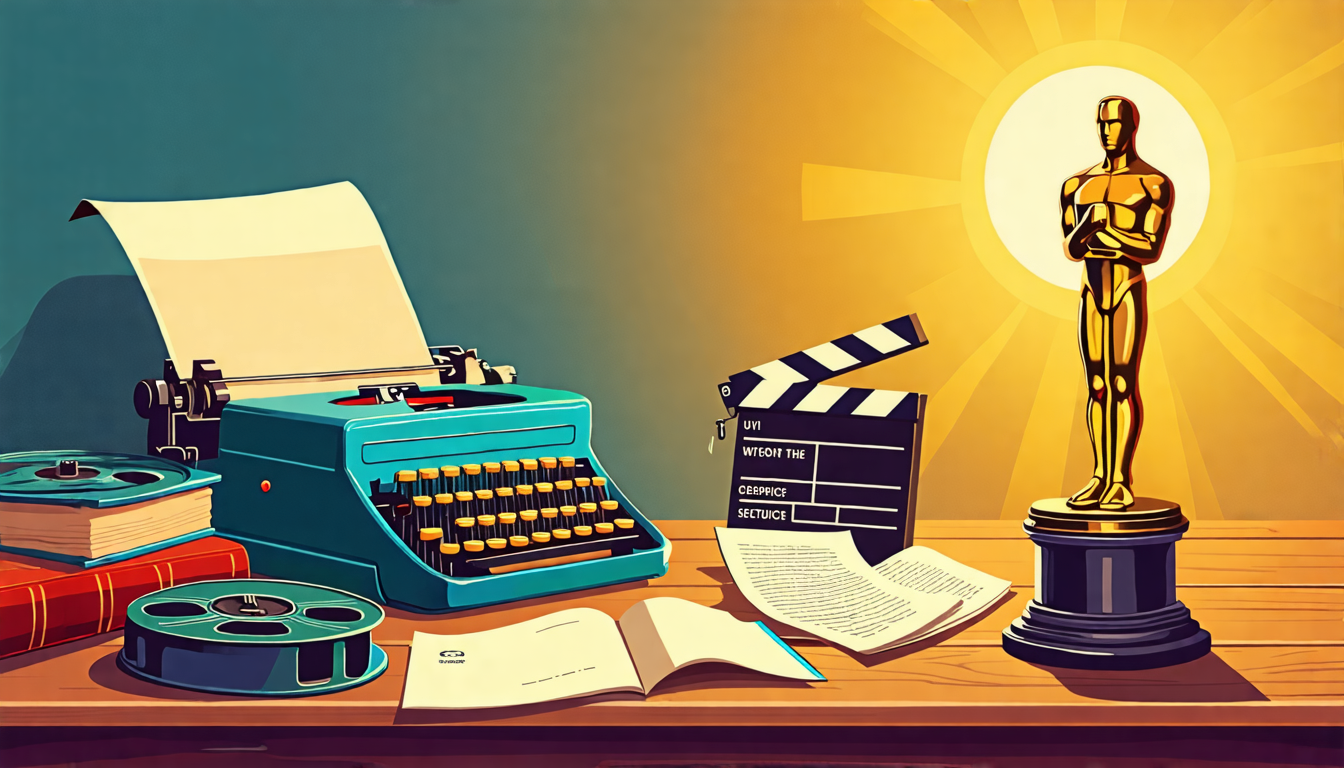
Once Upon an AI: A Screenwriting Odyssey
You’ve heard of AI taking on the world of chess, driving cars, and even flipping burgers, but now, it’s elbowing its way into Hollywood’s writers’ room. Yes, strap in, dear reader, for a bewildering ride into the labyrinth of AI screenwriting for short films. It’s like giving a thousand monkeys a thousand typewriters, except the monkeys are binary and the Shakespeare they’re writing is, well, debatable.
The Big Idea: AI Screenwriters
Imagine, if you will, a world where your creative musings can be transformed into a screenplay with the click of a button. No more writer’s block, no more crumpled papers littering the floor. Enter AI screenwriting – the digital muse for the technologically inclined filmmaker. These artificial auteurs, equipped with vast databases of scripts, genres, and tropes, promise to churn out narrative gold or, at the very least, something that closely resembles a story.
How It Works: The Mechanics of Machine-Made Movies
So, how does one conjure Shakespeare from silicon? These cognitive creators learn from a smorgasbord of existing scripts, breaking down the storytelling structure, character arcs, and dialogue. They’re like sponges, absorbing cinematic syntax, only to squeeze out new scripts with the push of a button. You input a genre, a theme, perhaps a couple of plot points, and voilà! Out comes a script, often in less time than it takes to microwave popcorn.
Creative Conundrums: The Good, The Bad, and The Ugly
Before you start envisioning your AI-crafted screenplay winning Sundance, let’s temper those expectations with a dash of reality. While our algorithmic allies are good at generating content, they’re not particularly known for their subtlety or emotional depth. You might get a technically sound script, but expecting it to understand the nuances of human emotion is a bit like expecting a toaster to cry during a sad movie – amusing to consider but highly unlikely. The charm, wit, and soul of a story often get lost in translation, leading to narratives that feel more akin to a mad-lib than a masterpiece.
The Playground of Possibilities: Short Films and AI
Now, this isn’t to say that our digital dramatists don’t have their place. Short films, the often quirky and experimental cousins of feature-length movies, provide a perfect playground for AI to flex its narrative muscles. With lower stakes and a penchant for the avant-garde, short films can accommodate the eccentricities of AI screenwriting, turning its oddities and quirks into stylistic choices. Imagine a short film that truly feels like it was dreamed up by a machine – because, well, it was. It’s an opportunity to explore the unique storytelling capabilities of AI without having to commit to a two-hour movie that might feel akin to a fever dream.
Collaboration, Not Competition: The Writer and The Machine
Ultimately, the future of AI screenwriting – especially for short films – might not lie in AI replacing human writers but in collaborating with them. Think of AI as a brainstorming buddy that never sleeps, offering endless ideas, plot twists, and dialogue. Writers can refine, reinterpret, and humanize these suggestions, blending the efficiency and novelty of AI with the irreplaceable touch of human creativity. This symbiotic relationship could redefine storytelling, expanding the horizons of what’s possible on screen.
So, to all aspiring screenwriters and filmmakers out there: don the hat of both artist and scientist. Embrace the bizarre, experiment with the extraordinary, and who knows? You might just create a short film that captures the imagination of audiences worldwide, with a little help from your AI amigo. Just remember, when accepting your award, to thank your computer – it’s only polite.






